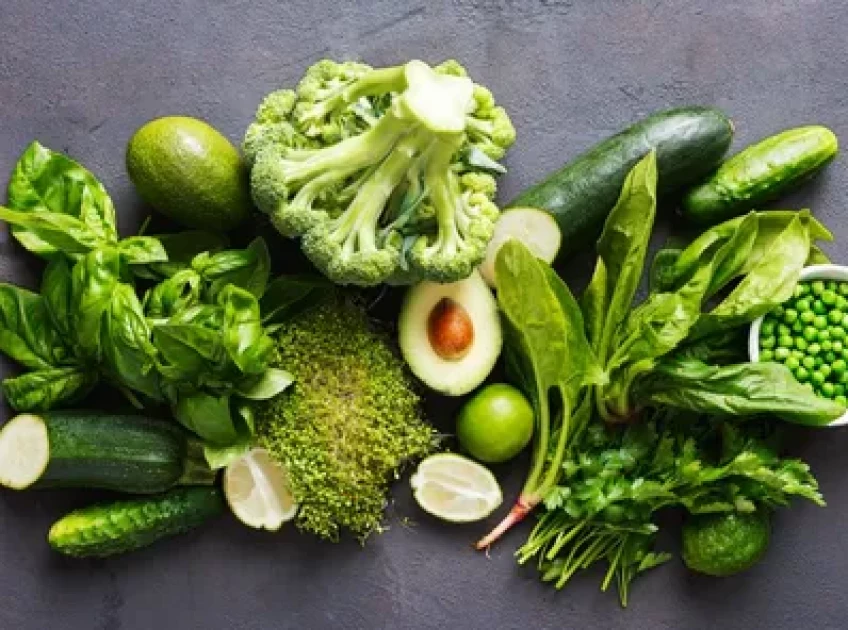How safe are the vegetables you eat? The rising concerns over chemical contamination

We’ve all heard the familiar advice: “Eat your vegetables—they’re
good for you.” As awareness around health and nutrition grows, so too does
concern about the safety of the vegetables we consume. But how often do we
pause to consider what might actually be on those vegetables?
Consumer Magdaline Mutheu shares her concern:
"Sometimes, the cabbages and kales I buy have traces of pesticides. It
makes me wonder—how safe are the vegetables we’re eating?"
It's a question that many are asking as food safety becomes an
increasingly urgent issue.
Vegetables are a staple in many diets—healthy, nutritious, and colourful.
Most of us probably use them daily. But have you
ever wondered about how they’re grown, stored, transported, or prepared?
Nutritionist Beverline Shinjiri explains that consumption of unsafe and
contaminated foods can lead to various health issues, such as food poisoning.
She notes that pesticides, herbicides, and other chemicals could still be on the
vegetables people eat, leading to illness. According to her, these
substances have been associated with long-term health issues, including
endocrine disruption and even cancer.
However, not everyone can afford to buy organic fruits and vegetables
that are typically grown without the use of synthetic chemicals. For those who
rely on conventionally grown vegetables, exposure to such chemicals becomes a
daily reality.
Jacktone Ambole, an organic farmer, offers a
different perspective. He grows his vegetables without using harmful chemicals,
opting to prepare his own natural pesticides.
“I believe modern chemicals are risky to consumers’ health,” he says. “Organic farming methods not only preserves the environment but also
ensures that the crops I grow are safe for my customers.”
Fortunately, organic farming is gaining traction for its commitment to
sustainability and food safety. Organic vegetables however, are occasionally
more expensive, which leaves many questioning whether they can truly afford the
peace of mind they provide.
Still, there are steps consumers can take. Beverline, the nutritionist,
offers practical advice:
"Washing vegetables thoroughly with clean water, and using a vegetable
brush when possible, can remove some surface pesticides. In addition, peeling certain vegetables, like cucumbers or carrots, can
also reduce the amount of chemicals you consume."
For those who want to reduce the exposure to harmful chemicals, buying
organic vegetables and fruits, or growing your own food at home, is another
option. But mostly, this is not always feasible due to the cost or lack of
space.
As consumers, we all have our preferences when it comes to vegetables.
Some lean toward plant-based diets, while others simply enjoy the health
benefits of adding more greens to their plates. Personally, I love my
vegetables in a salad, steamed, or stir-fried. But stories like Magdaline’s
make me pause and question—how safe is the food on my plate?
As we grapple with these concerns, the broader question remains: Are
we truly safe from the chemicals found in modern farming practices? And for
those of us who aren't able to grow our own or afford organics, how do we
balance convenience, cost and health?
What do you think? Should tighter regulations be enforced to control the use of
agricultural chemicals? Or is the responsibility ultimately ours as consumers?
Perhaps the answers lie not just in policy—but in the choices we make every
time we sit down to eat.
Want to send us a story? SMS to 25170 or WhatsApp 0743570000 or Submit on Citizen Digital or email wananchi@royalmedia.co.ke
Comments
No comments yet.


Leave a Comment